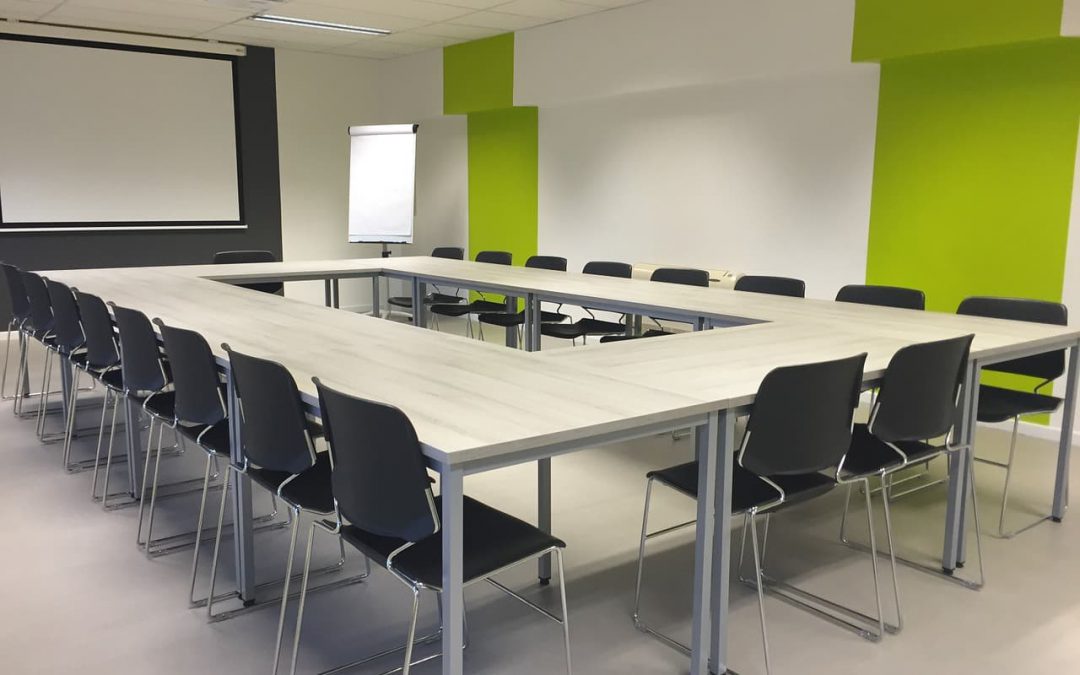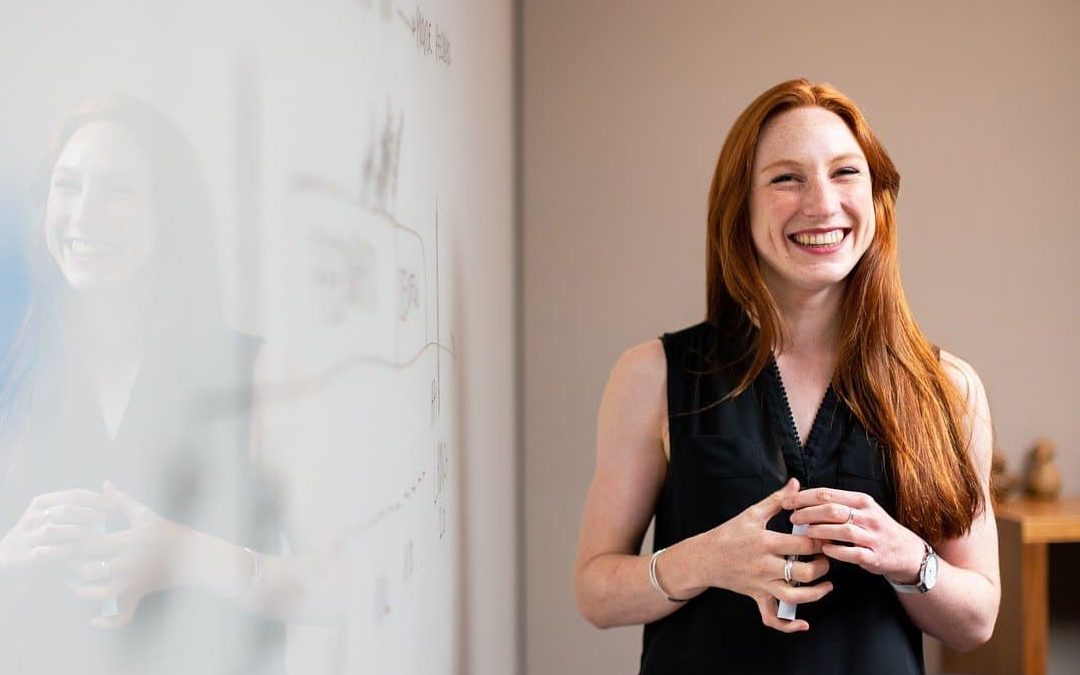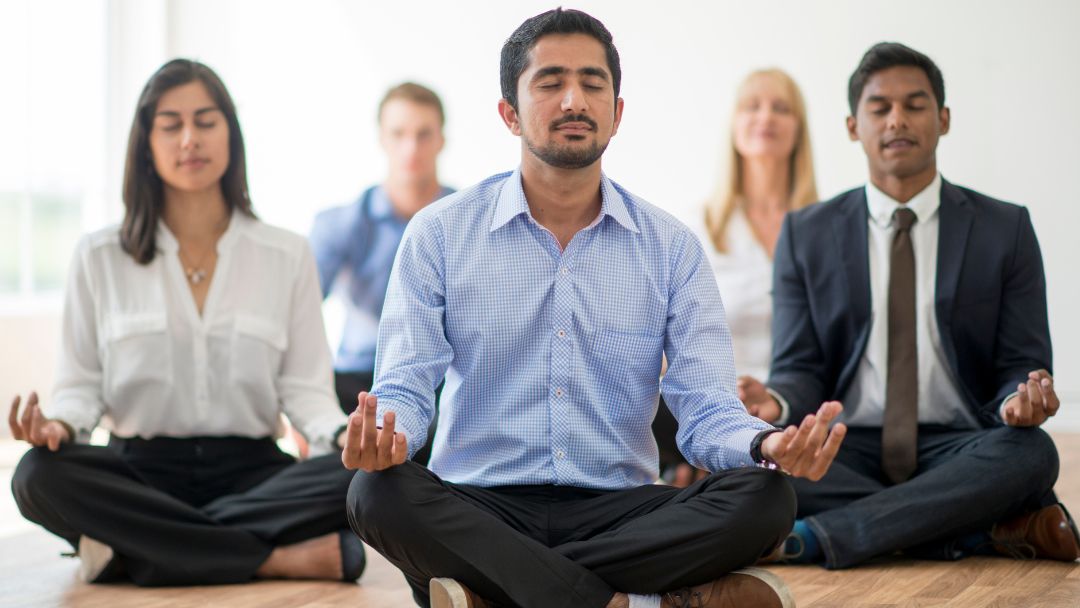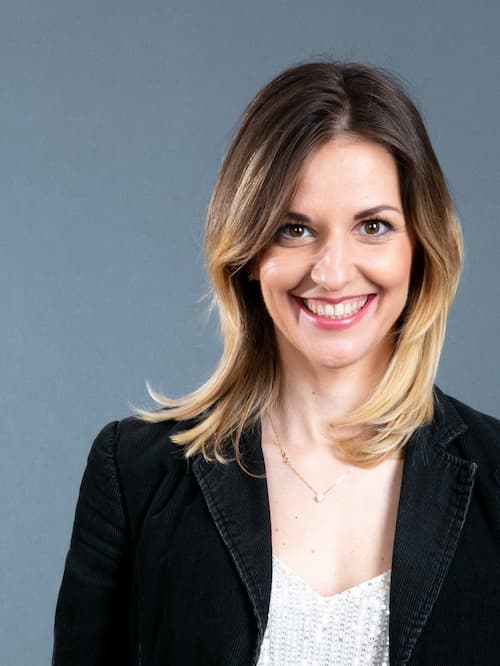An effective team is one made up of members with different personalities.
It’s the complementarity of the members that enhances team performance, provided each member has the open-mindedness to embrace the differences of their colleagues. However, this is not always easy from the perspective of how our brain functions.
Very often, the complexity of human relationships interferes with the expertise of each member and can make the team ineffective.
Where does the complexity of teamwork come from?
Human beings are naturally social, but that alone is not enough to guarantee trustful relationships within a team.
Firstly, as our brains mature, we develop functioning tendencies that distinguish us from one another. We can talk about personality groups with similar character traits.
By repeating our natural tendencies, we eventually identify with them and rigidify our behaviors, believing that this is the only, and especially the best, way to do things. Without realizing it, we tend to judge others as less effective and try to convince them to work like us.
Beyond differences in our ways of functioning, we also do not share the same values. This is the second source of interpersonal conflict.
This simple biological reality makes working on group cohesion essential for the well-being and performance of your teams.

What is team coaching?
Team coaching is a process designed to create a strong group identity, where each member plays an important role for their teammates and takes pride in contributing to the team.
The cohesion process involves several phases:
- Common Vision: This is the foundation of the team’s identity and contains the shared values of all members.
- Recognizing Differences: Each member must be able to discuss their own differences and those of others—identifying and naming them.
- Valuing Differences: Learning to identify the benefits of these differences for oneself and for the team.
- Adjusting Behaviors: Learning to communicate in a way that resonates with others, meeting them halfway between their way of functioning and ours.
- Developing an Action Plan: Together, imagine the steps needed to achieve the common vision, taking into account the lessons learned throughout the coaching process.
Team Coaching Methodology
The formats for team coaching are playful, allowing team members to step out of their daily routines and experiment with new behaviors. Participants leave with a broad understanding of what unites them and what makes them unique.
The approaches include:
- Roundtable discussions
- Collective drawing
- Role-playing games
- Collective intelligence exercises
- Self-discovery and team discovery exercises
- Co-development
The Goal of Team Coaching – Unique and United!
Everyone needs to value their own uniqueness and that of others. A team coaching is successful when each member recognizes the value of what they bring to the group and the richness of the resources made available by the group.
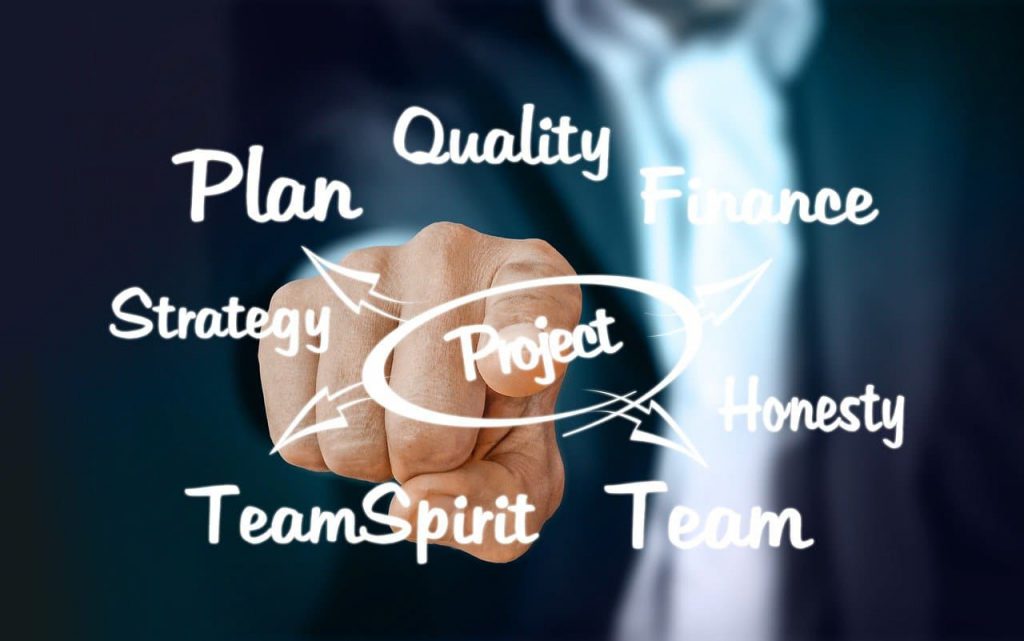
Team Coaching Terms
Our interventions depend on the needs of your teams.
Half-day formats can boost teams that already have healthy relationships.
Team coaching follow-ups are offered in cases of team dysfunction: a 2-day intervention followed by an additional day 6 months later.
We also offer formats for your team-building events, including neurosensory workshops such as wine or chocolate tasting, or even team-building days aboard a catamaran in the Mediterranean.


